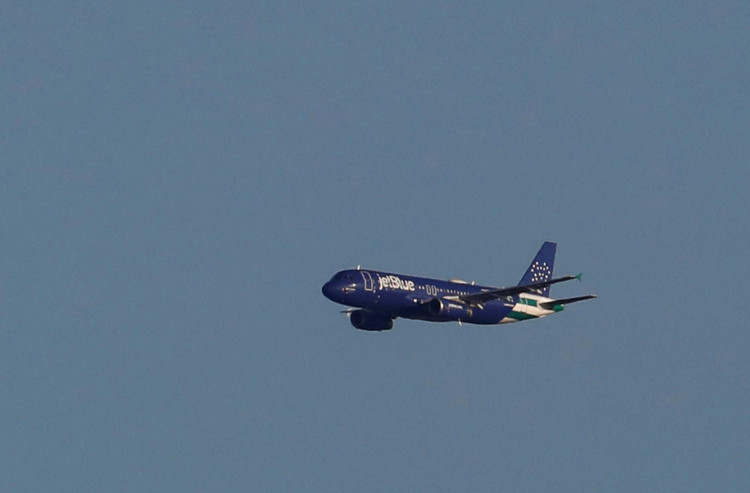JetBlue Airways has officially terminated its ambitious $3.8 billion acquisition of Spirit Airlines, marking a significant retreat in the face of formidable legal and regulatory headwinds. This decision, catalyzed by a federal court ruling that branded the merger as anticompetitive, underscores the complexities of consolidation in the fiercely competitive airline industry. The dissolution of the deal, initially poised to create the fifth-largest carrier in the United States, has sent ripples through the aviation sector, highlighting the Biden Administration's stringent stance on antitrust matters.
The Justice Department's opposition, underpinned by concerns of escalating airfares and diminished consumer choice, has been vindicated by this outcome. U.S. Attorney General Merrick Garland hailed the decision as a triumph for American consumers, emphasizing the administration's commitment to preserving competitive markets. This development underscores the broader regulatory environment that increasingly scrutinizes corporate consolidations, especially within critical infrastructure sectors like aviation.
JetBlue's concession to the insurmountable regulatory barriers was articulated by CEO Joanna Geraghty, who acknowledged the bleak prospects of overcoming the legal challenges within the stipulated timeframe. The acknowledgment of this reality by JetBlue's leadership, coupled with the obligation to compensate Spirit $69 million as per the termination agreement, signifies a pivotal moment in the airline's strategic aspirations. Furthermore, the internal memo to JetBlue employees, as reported by Reuters, reflects a strategic recalibration in the wake of this setback.
Spirit Airlines, now bereft of the merger's potential lifeline, confronts an uncertain future characterized by financial turbulence and competitive pressures. The airline's struggle to regain sustainable profitability is exacerbated by the termination of the deal, propelling it into a precarious position within the aviation hierarchy. This development not only affects Spirit's strategic trajectory but also has broader implications for market dynamics, potentially influencing fare structures and service offerings across the industry.
The court's decision to block the merger, premised on the anticipated adverse impacts on competition and pricing, underscores the judiciary's critical role in regulating corporate consolidations. This judicial scrutiny, reflecting broader antitrust sentiments, reinforces the legal framework that governs mergers and acquisitions, ensuring that such endeavors do not undermine the market's competitive integrity.
JetBlue's strategic response to the collapsed deal, including efforts to enhance revenue and operational efficiencies, illustrates the airline's resilience and adaptability in the face of regulatory challenges. The airline's focus on structural cost reduction and fleet modernization represents a proactive approach to maintaining competitiveness and financial health in the aftermath of the merger's dissolution.
The termination of the JetBlue-Spirit merger serves as a case study in the complex interplay between corporate strategy, regulatory oversight, and judicial intervention. It highlights the intricate balance between business ambitions and the imperative to safeguard competitive markets for the benefit of consumers. As the aviation industry continues to navigate the post-pandemic landscape, the implications of this aborted merger will likely influence strategic decisions, regulatory policies, and market dynamics for years to come.






